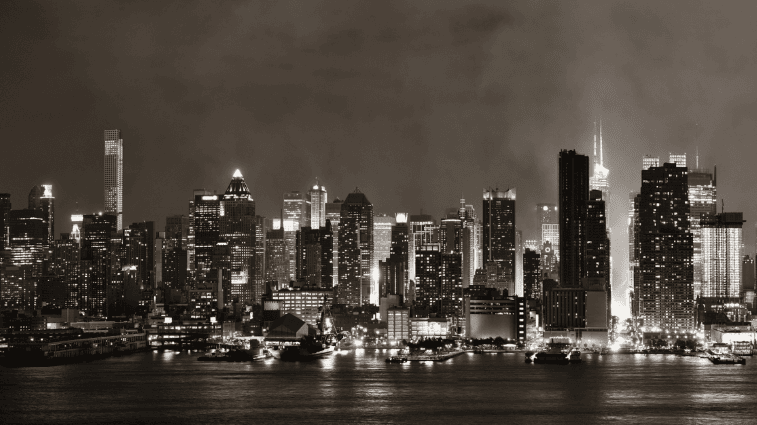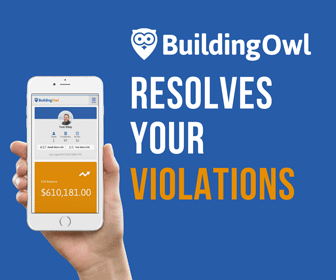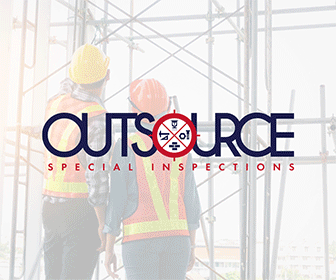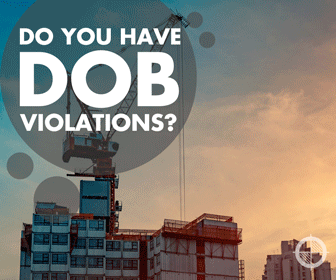
Air Quality Alert: Environmental Protection Agency Says NYC To Upgrade to “Severe” Smog Status
Permitting rules may become stricter for certain projects in New York City in the near future, due to a proposed air quality reclassification by the U.S. Environmental Protection Agency.
About the Air Quality Standards
On March 28, 2022, the EPA proposed re-evaluating the air quality status of multiple areas across the nation that didn’t meet the 2008 or 2015 National Ambient Air Quality Standards for ground-level ozone by the August 3, 2021 deadline, based on data submitted from 2018-2020.
Under this, New York City may now classify as “Severe”, the second-highest of the five levels, which will trigger restrictions on certain types of development.
Ground-level ozone is a particular type of pollution resulting when emissions from cars, power plants, and similar industries chemically react in heat and sunlight to create unhealthy breathing conditions. This is a major factor in the air quality alerts we often see on hot summer days.
Potential Effects on Construction
According to Engineering News-Record, this redesignation as a severe non-attainment area could have consequences for project developers and construction contractors in NYC.
While there are already permitting restrictions in place under the current “Serious” non-attainment level, under the federal Clean Air Act, New York will have to implement additional measures to curtail smog and protect public health once reclassified. The state must submit plans on how it will achieve the standards as quickly as possible, with a deadline to reach attainment by July 20, 2027.
In these plans, New York State must ensure that any new large power sources do not worsen air quality, and that existing sources incorporate available technology to reduce pollution. This includes expanding the list of stationary sources of emission, such as manufacturing plants, that require preconstruction permits for any new construction or modifications.
And because some construction equipment also contributes towards emissions, this equipment will have additional requirements as well. Reformulated gasoline, which powers a lot of this equipment, would need to be sold within a year of reclassification in New York.
All of this would increase construction costs for contractors and cause project delays, impacting economic growth in the region. On the flip side, health impacts of poor air quality have their own economic costs, causing premature deaths as well as missed days of work and hospitalizations, so some temporary inconvenience may prevent more problems in the long run.
The final decision on the reclassifications has not yet occurred, so keep an eye on Decoder for the latest on these potential permitting changes.
For assistance attaining permits for any upcoming projects, please reach out to the experts at Outsource Consultants.
Resources
- Engineering News-Record – “EPA Updates Five Metro Areas to 'Severe' Smog Status, Requiring Added Protections”
- EPA Press Release – April 12, 2022








